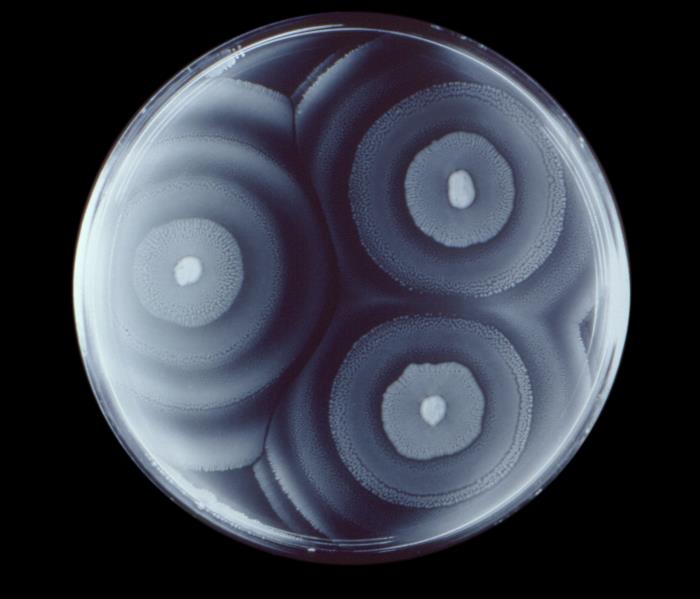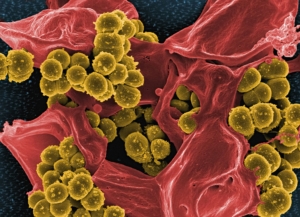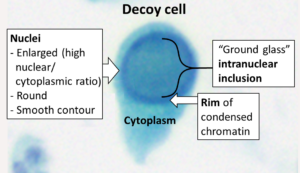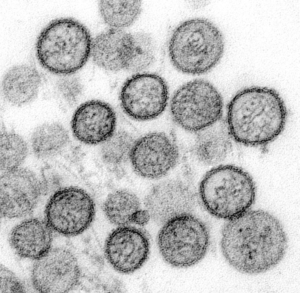
New polymer can stop biofilm formation
British researchers have created a new polymer material that may help to prevent urinary tract infections caused by catheters
The acrylate co-polymer reported by Jean-Frédéric Dubern and colleagues in Science Advances (doi: 10.1126/sciadv.add7474) have the potential to prevent 80% of hospital-acquired urinary tract infections worldwide mostly caused by silocone or latex catheders. Preventing such catheder-associated infections could account for healthcare savings of up to$1.7 bn in the US alone.
In contrast to common catheder polymers, which allow for infections through biofilm formation, encrustation, and migration via swarming, the novel acrylate copolymer was better than antimicrobial coatings that have proven ineffective at preventing infections, mostly due to their inability to prevent swarming. A microarray screen of around 400 polymer materials, found that poly(tert-butyl cyclohexyl acrylate) (tBCHA) possessed anti-biofilm properties and poly(2-hydroxy-3-phenoxypropyl acrylate) (HPhOPA) inhibited swarming. A 2.4:1 ratio of these polymers could significantly reduce biofilm formation, swarming speed, and encrustation over silicone materials.
The newly identified biocompatible copolymer overcame many major challenges associated with CAUTIs, and offers a potential solution for the prevention of such infections but will require further in vivo evaluation to confirm our in vitro and ex vivo clinical findings, Dubern et al. write.




